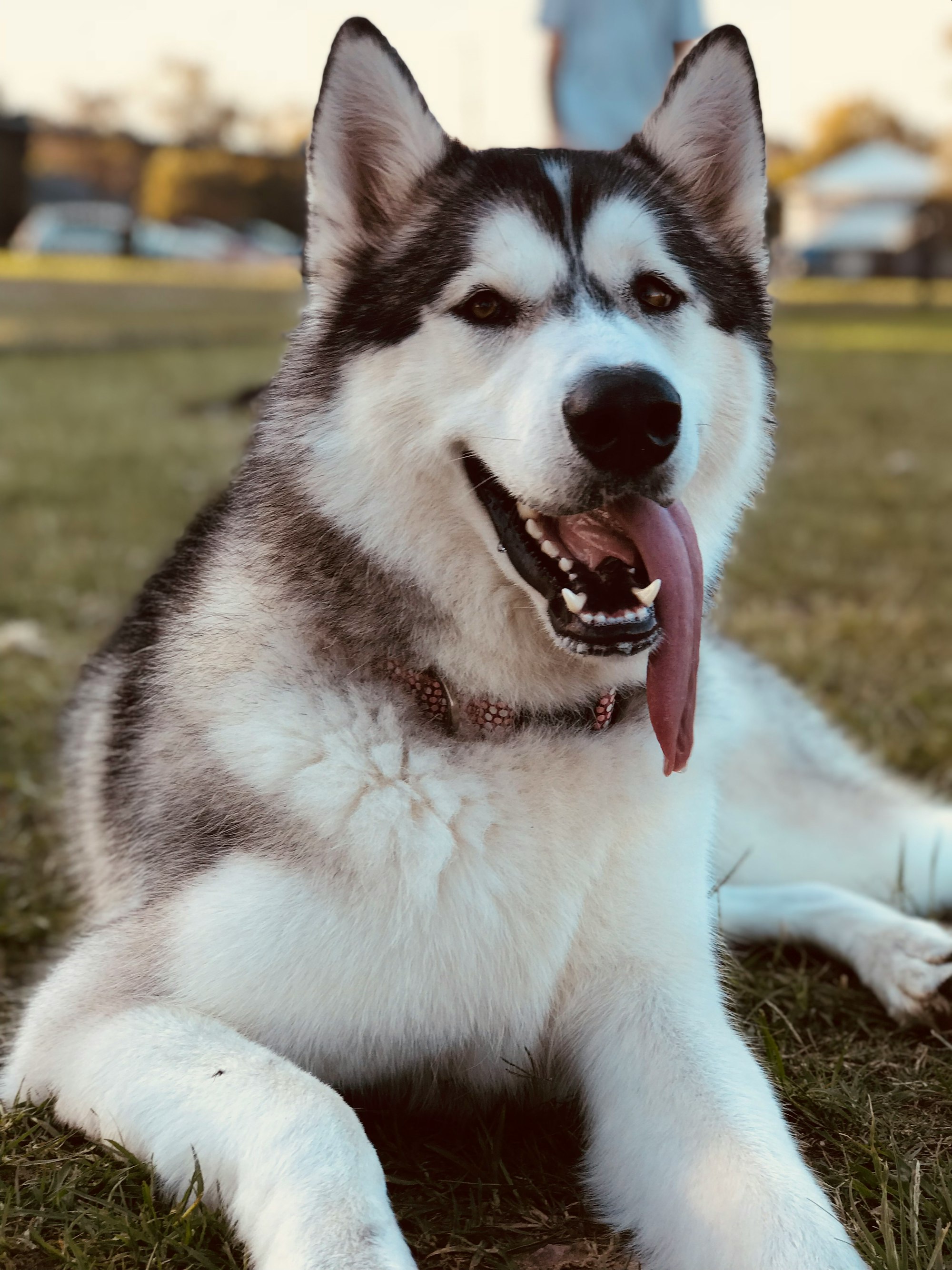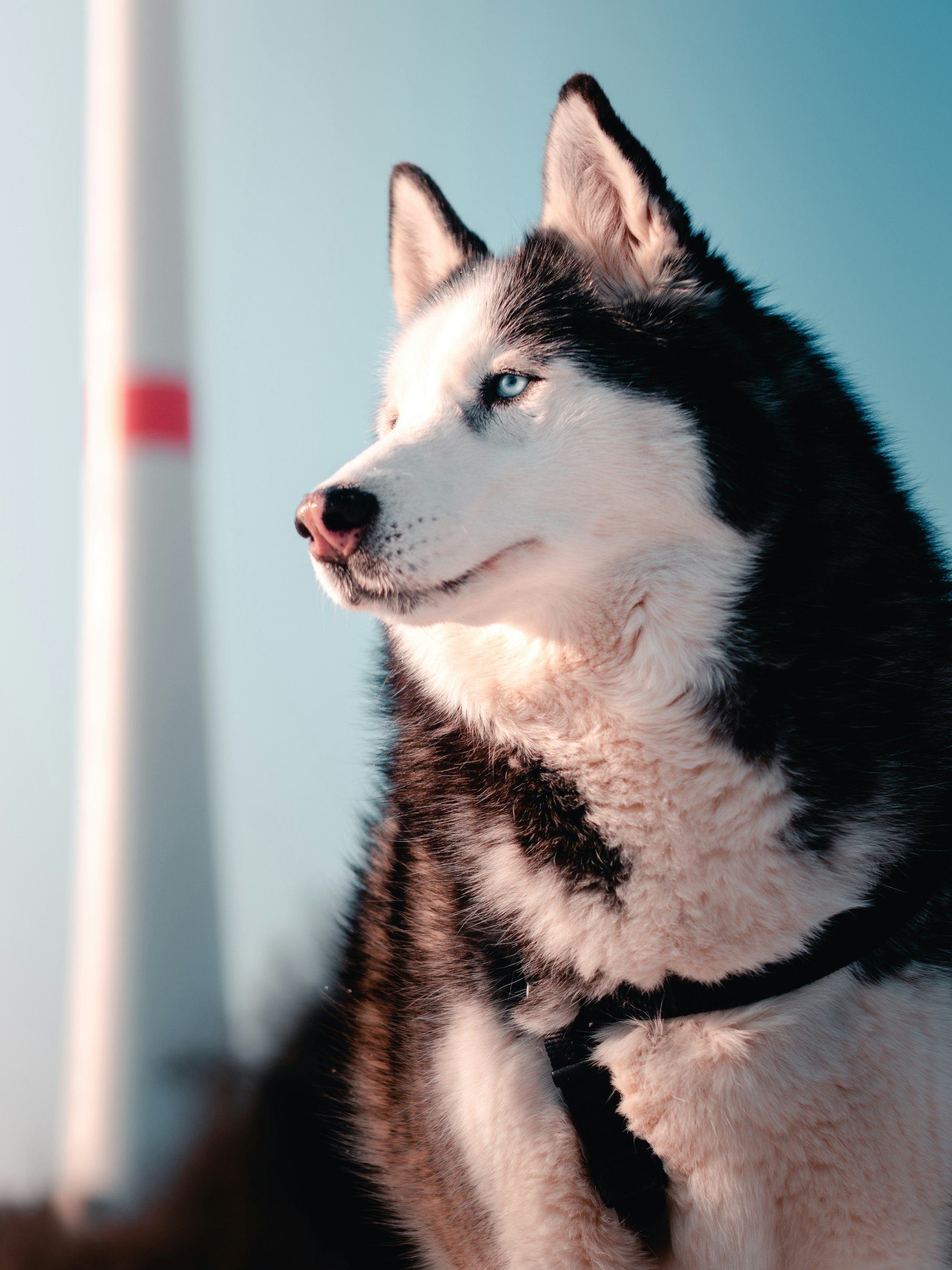You may have heard of huskies that have carried out some of the most daring rescue missions in snowstorms and other chilly areas. While you may get goosebumps hearing about these adventures, they're standard for an average husky. Their bodies are naturally adaptive to frigid environments, which means they can survive and even enjoy the sweater weather. So yes, it's a proud moment for you as a husky's parent.
However, ‘cold’ is a blanket term, so you ought to know exactly how much cold a husky may find bearable and how you can make it a more comfortable experience for your canine companion!

Exclusive Husky20 Offer on Fi Dog Collar!
As you explore the resilience of huskies in cold climates, it’s crucial to ensure they remain safe and monitored. Use the code HUSKY20 to get $20 off on the Fi Dog Collar. With its robust geofence feature and comprehensive Fi app, you can keep an eye on your husky’s location and health, especially in cold weather.
The collar’s GPS tracking allows you to see where your furry friend is at all times, ensuring they're safe from the winter's harsh elements. Check out this essential tool for every husky owner at TryFi.com and make the most of this special offer toda
How Do Huskies Live Through the Cold?
Huskies do not need hot choc or piping-hot soups to warm their body temperature. Instead, huskies radiate enough body heat to repel most of the cold in the environment. While their warm-blooded trait offers the primary defense against the cold, they also have a thick, double fur coat.
This coat keeps the rain, snow, and breeze from directly contacting their skin. The snow that piles up on their fur also melts away due to the heat that huskies emanate from their body. Hence, wintry elements do not have much influence on huskies in the first place; hence for most of their winters, they can go about their regular routine without making any significant lifestyle changes!
How Cold is Too Cold for Huskies?
As a general observation, huskies can stay out in the cold with temperatures dropping as low as -75° F or -59° C. Yes, that's colder than most areas humans inhabit and is an impressive fact to boast about. The full term for a husky, aka the Siberian Husky, connotes the breed's ability to adapt to the nativity of cold environments brought about by Siberian winds across the globe!
However, with the development of human societies, many huskies have evolved away from their wild packs. Instead of living and growing in extremely cold environments, your pet husky has lived inside your warm home with insulated blankets and fireplaces and electric heaters.
While their physique remains, the same, pet huskies cannot stand -59° C colds as their wilder siblings do. The fact that their human pets pamper and protect them from extreme difficulties (nothing wrong about it!) makes it impossible for them to survive such drastic temperatures.
Although your husky can easily go on without any protection in your jacket-and-blanket weather, it's best to keep them from going out in environments that you think are too cold for your puppy.

How to Know if My Husky Is Okay in the Cold?
When you're going for a trip in the winters, the Fi Smart Dog Collar may help you monitor your husky's health according to the locations you visit, which the GPS tracker will also monitor.
Although your husky is quite likely to jump at the signs of the season's first snowfall, you would still want to keep it as safe from the cold as possible. Most huskies can easily go on with temperatures as low as -20 or even -30° F, but this tolerance also changes with the husky's health conditions, age, fur health, and other lifestyle specs. If you think the cold is getting bad for your husky, you may look out for some telltale signs, such as:
1. Shivering
Since huskies can't talk, you'll have to read into body language to pick cues and hints. Shivering is common in huskies who feel cold in the winters. Like humans, huskies also tend to chatter their teeth and often shiver quite visibly. You might notice their fur vibrating slightly, along with irregular breathing, which are signs that the cold is getting unhealthy for your husky.
2. Ice Crystallization
When huskies can beat the cold with their body heat, they can melt away the icy flakes that fall on their fur. However, if the cold beats the body heat, the ice won't melt away easily and crystallize on the hair. This could induce prolonged cold on your husky's skin and coat, leading to diseases and illnesses of sorts.
3. Anxiety
When the cold gets too much for your huskies, you'll notice that they get irritated and will also show symptoms of anxiety. The cold weather may affect a husky's mental health as well and is an easily notable sign for you to look out for.
Conclusion
Huskies are a tough breed. But, they know how to entertain themselves even in harsh colds, so they’re a bundle of joy to be around on cozy winter evenings. If you’re wondering whether you can let your husky go on solo trails around the block during the winters, you can use the Fi Smart Dog Collar to keep tabs on their location and its weather!
Visit the Off Leash blog at TryFi.com for more helpful articles about pet-parenting tips.
Would you like to learn more about TryFi.com? The Fi Dog Collar is a GPS tracking collar that not only tracks your dog's location, activity level, and sleep pattern, but also alerts you if your dog escapes. If your dog escapes, this is the fastest way to find him. Give the Fi Dog Collar a try today!

